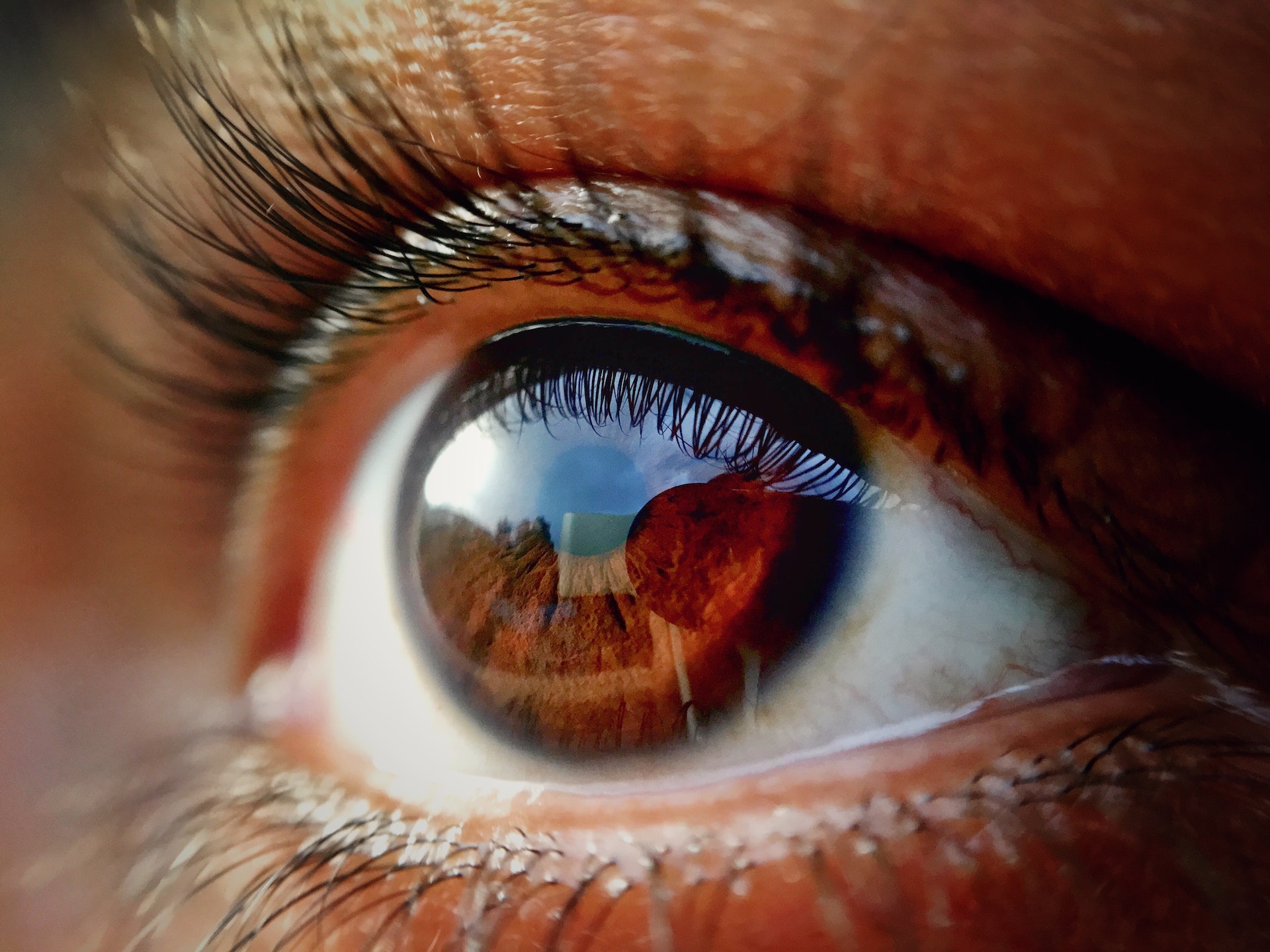Here is a simple example of eye color inheritance:
The allele for brown eyes (B) is dominant over the allele for blue eyes (b). So, if your child inherits one allele for brown eyes and one allele for blue eyes (Bb), their eyes will be brown. This would also be the case if they inherited two alleles for brown eyes (BB). If the child inherits both alleles for the recessive trait (bb), they will inherit blue eyes.
The above explanation provides an overly simplified understanding of how eye color is determined. However, as we discussed, eye color is influenced by multiple genes working together. The factors that distinguish eye color are complex and the eye color of your child cannot be definitively predicted. This is important to keep in mind when choosing an egg donor.
Genes for Light Eye Colors Could Be Hiding Behind Dark Eyes
It’s impossible to tell by looking at someone whether they have homozygous or heterozygous alleles for their eye color. Homozygous means that the two alleles match (for instance, maybe both are for brown eyes). However, heterozygous means that the two alleles of the gene differ (for instance, one for brown and one for non-brown). This means that it is possible for two brown-eyed genetic parents to both be carriers of recessive traits for lighter eyes and pass that on to the child. If the child receives two recessive genes for lighter eyes, they will have lighter eyes.
This explains how babies can sometimes have a different eye color than both genetic parents.
Melanin Determines the Shade of Eye Color
There are many factors and several genes that influence eye color. Two specific genes play a major role in eye color: OCA2 and HERC2. These genes are responsible for maturing cells that produce melanin. Melanin determines how much pigment resides in the iris, or the colored part of the eye. A lot of melanin in the iris will produce brown or dark eyes and less melanin will produce lighter eye colors. Variations within these genes can reduce the amount of melanin that is produced. So, the resulting eye color depends on how the genes express themselves and the variability of how much protein is present in the cell, which contributes to how much (or little) melanin is produced. There are multiple possibilities for different shades of color depending on how all participating genes interact with each other.
 Ultimately, the inherited genes will mix and match in a somewhat random sequence to create your perfectly unique baby.
Ultimately, the inherited genes will mix and match in a somewhat random sequence to create your perfectly unique baby.
Should I Limit My Egg Donor Search Based on Eye Color?
We understand that for many intended parents, choosing an egg donor with specific shared characteristics with your family may be important. We hope this blog was helpful in explaining why the outcome isn’t always predictable.
Related Reading:
- Epigenetics When Using Donor Eggs: Will My Baby Look Like Me?
- Does Egg Donor Blood Type Matter?
- Egg Donor is a Genetic Carrier: What You Need to Know
Sources:




